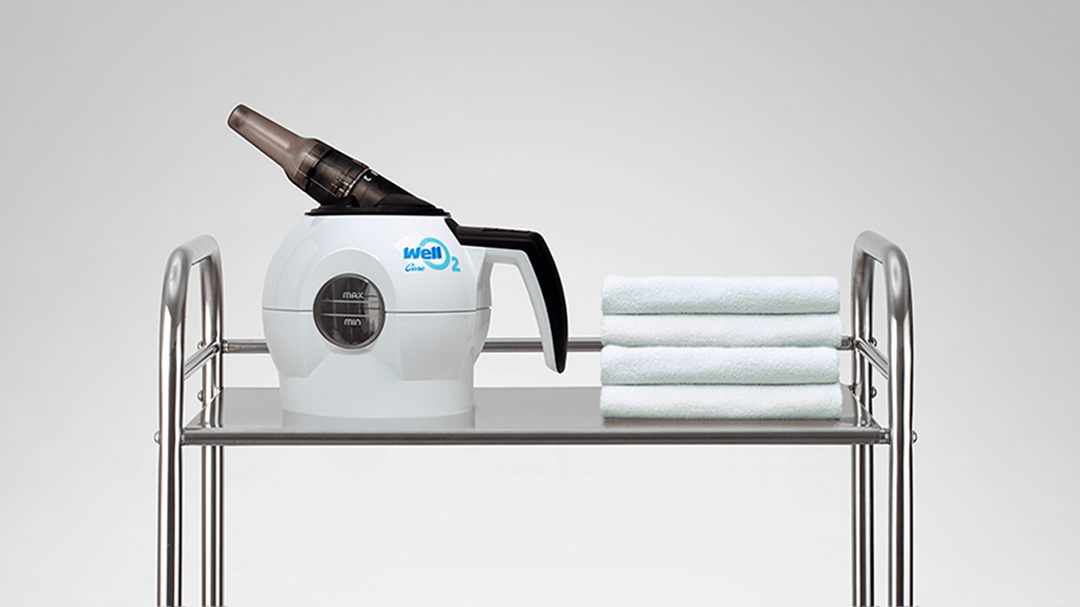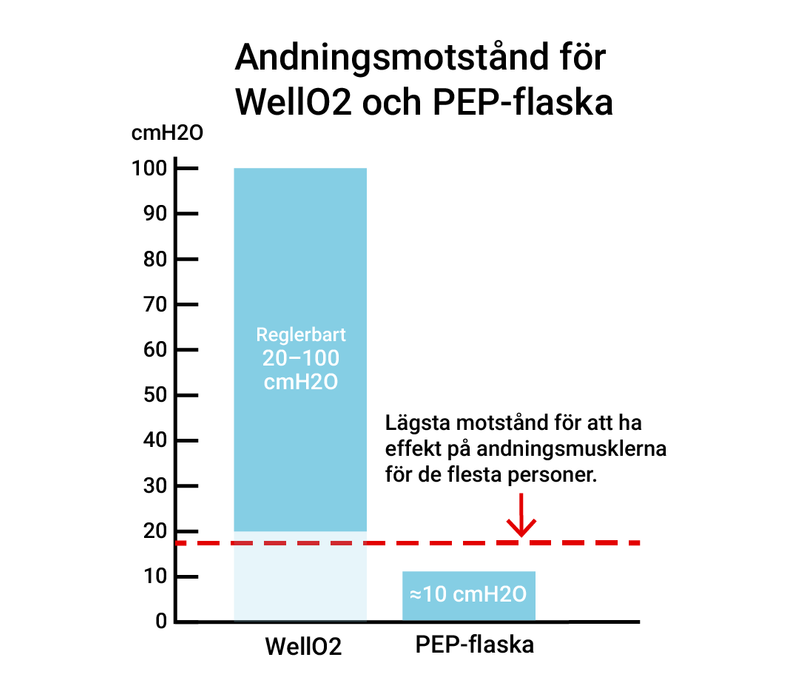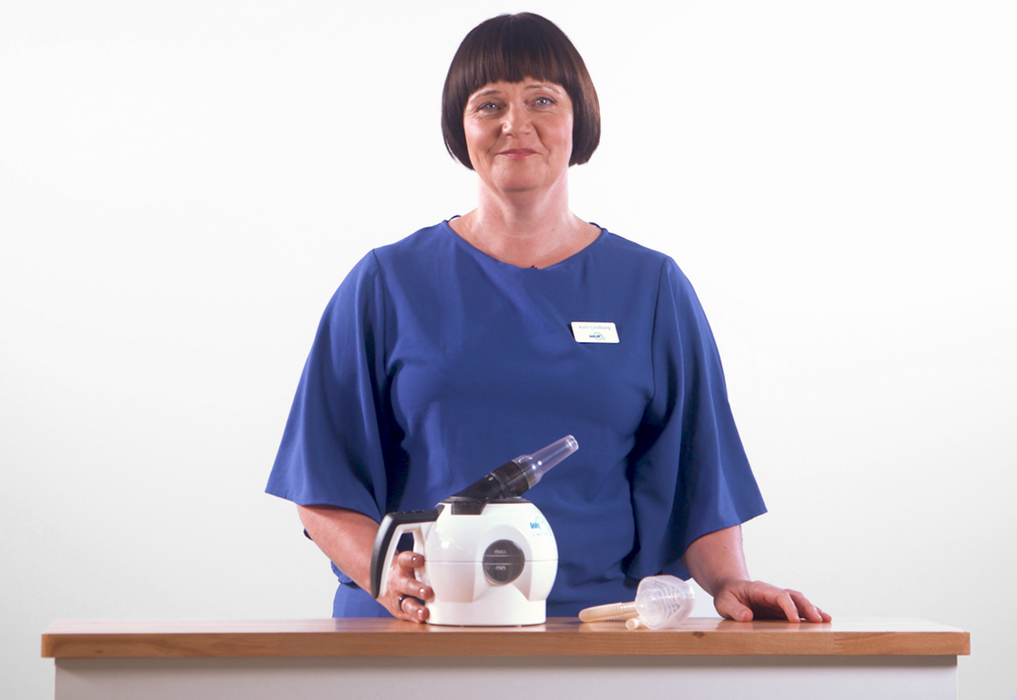Text: Ilpo Kuronen, PhD
Slow recovery from the Covid-19 appears to be related to thedysfunctional respiration and may last for several months after the acute phaseof the disease. Especially the elderly seems to suffer from the very slowrecovery and poor quality of life consequently. It has been postulated thatrespiratory rehabilitation may speed up the recovery [1] with better quality oflife, but until now, no clinical evidence for the possible improvements havebeen available [2]. According to therecently published clinical study [2] respiratory rehabilitation improvesrespiratory function, anxiety, and quality of life of the elderly recoveringfrom the Covid-19.
The authors studied effects of the six weeks rehabilitative interventionwhich included respiratory muscle training, cough exercise, diaphragmictraining, stretching exercise, and home exercise. The results indicated thatthe estimates used in the study improved faster in the intervention group thanin the control group in which many estimates improved only slightly or not atall during the follow-up period. The estimates included pulmonary functiontests, exercise capacity test, and validated quality of life questionnaire. Noside effects were reported.
The methods used are common in respiratory physiotherapy. The authorsdid not assess the wight of the different methods on the final outcomes.Therefore, it remains unclear what particular method should be preferred, butthe methods chosen are intended to strengthen exhalation and coughing power,improve chest mobility, and assist diaphragmic deep breathing technique.Respiratory muscle exercise usually harbours both expiratory and inspiratorymuscle power regimes with the airflow resisting threshold devices. In case ofthe obstructive diseases such as asthma and COPD, the benefits of the regimeshaving both expiratory and inspiratory training are shown to be more efficientthan either alone. In acute phase of the Covid-19, high negative counterpressure is not a choice, but in the convalescence phase it may provideadditional value to improve breathing mechanics as it does for the COPDpatients.
For the elderly, faster recovery means better and more active life andindependency from the home care services. The true economical value of thefaster recovery concerns the working population since one sick leave day costsapp. 250 – 300 €. Returning to work weeks earlier has a huge meaning in formsof saved direct and indirect incurred costs to the societies. Therefore,delayed recovery from the Covid-19 is a socio-economical issue which needs tobe solved as fast as possible.
Development of the new preventive regimens for the Covid-19 is of utmostimportance but the therapeutic methods which can be taken in use faster thannew vaccines or drugs should be also addressed. In this respect, the authorsshow us a way to follow.
Matson et al [3] reported just recently that half-life of the Covid-19-virus on mucus and sputum layers reduced dramatically along with the increasedhumidity and temperature. Their finding explains why the virus spreads morevigorously at low temperature and humidity environments. It would beinteresting to see the effect of increased temperature and humidity on viralreplication and infectability on the mucous membranes of upper airways.
References:
1. Severin R., et al.Respiratory Muscle Performance Screening for Infectious Disease ManagementFollowing COVID-19: A Highly Pressurized Situation. The American Journal ofMedicine (2020) 000:1−8.
2. Liu K., et al. Respiratoryrehabilitation in elderly patients with COVID-19: A randomized controlledstudy. ComplementaryTherapies in Clinical Practice 39 (2020) 101166.
3. Matson JM et al. Effect of environmental conditions onSARS-CoV-2 stability in human nasal mucus and sputum. Emerging InfectiousDiseases, Vol. 26, No. 9, September 2020


